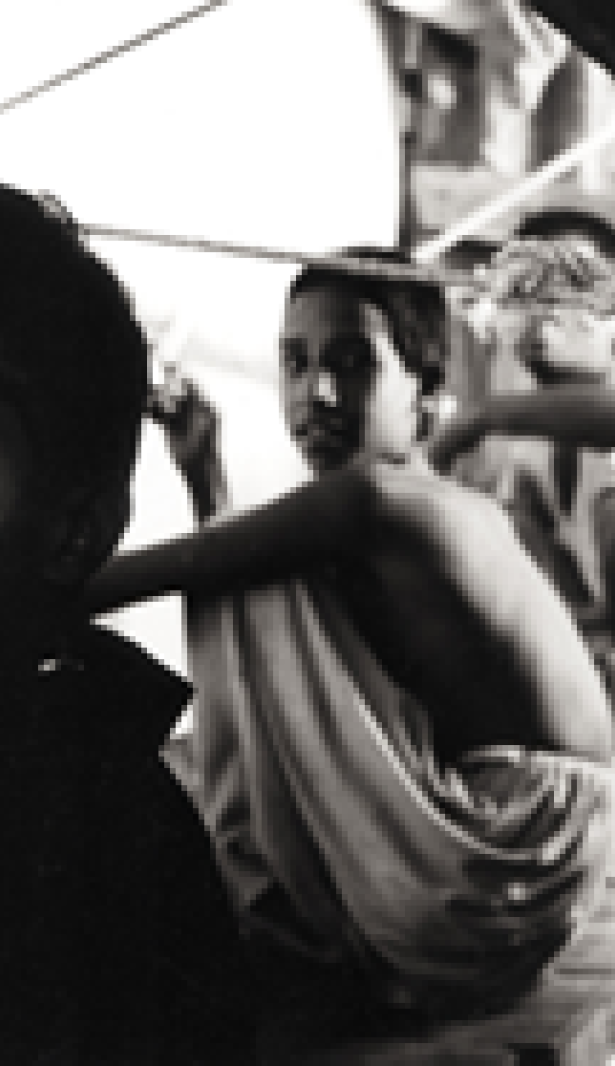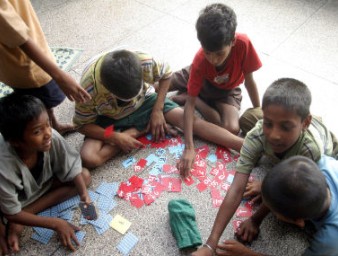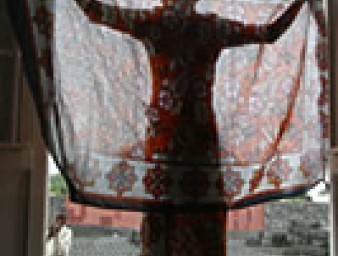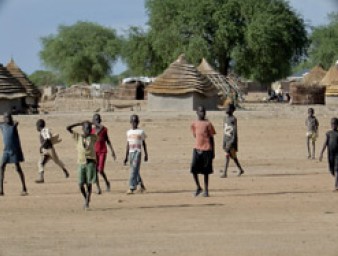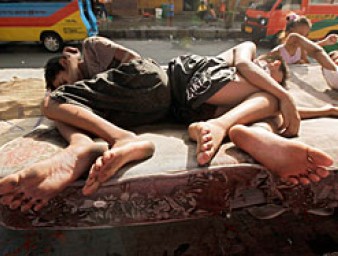The slaves of today: UN action to provide redress and rehabilitation
30 October 2014
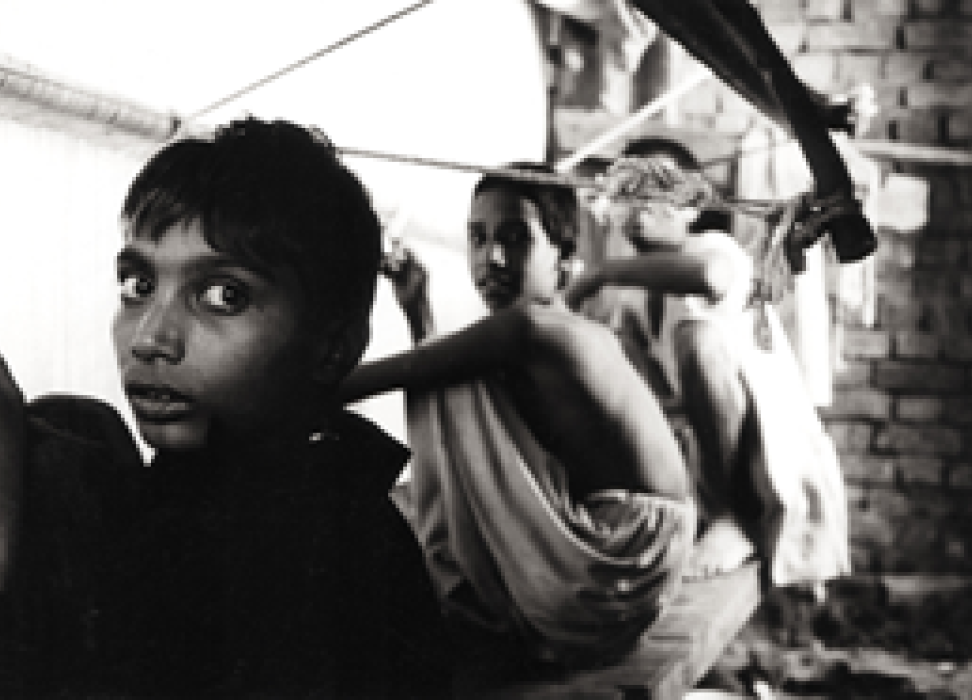
GoodWeave, an international non-profit organization working to end illegal child labor in the carpet industry in South Asia, through a certification program and the provision of educational opportunities, is one of the projects that in recent years has received support from the United Nations Voluntary Fund on Contemporary Forms of Slavery. Kailash Satyarthi, one of the two recipients of this year’s Nobel Peace Prize, founded GoodWeave in 1994.
GoodWeave estimates that in the two decades since Satyarthi began rescuing the children from enslavement and certifying carpets manufactured without child labour, it has been able to reduce the number of ‘carpet kids’ in the Asia region by two thirds.
The Slavery Fund, administered by the UN Human Rights Office, offers financial assistance to organizations like GoodWeave, which provide direct assistance to victims of contemporary forms of slavery. The adults and children rehabilitated through these projects may have been subjected to any one of a number of human rights violations, including the worst forms of child labour, bonded labour, and early and forced marriage. Many of them have been trafficked.
Interviewed by the Nobel Foundation after hearing of his award, Satyarthi said everyone must now acknowledge that child slavery still exists. “This is an evil… a crime against humanity, which is intolerable and which must go,” he said.
Satyarthi called for more corporate and public engagement to deal with those responsible for enslaving children: “Everybody has a responsibility to save and protect the children on this planet.”
Human Rights Chief, Zeid Ra'ad Al Hussein said he hoped that awarding of the Nobel Prize to Satyarthi and to Malala Yousafzai, who campaigns for girls’ education, would “reinforce the political will of States and the efforts of institutions and individuals around the world to uphold the rights of children.”
Since its inception in 1991, the Slavery Fund has awarded annual grants, this year worth up to US $15,000, to more than 500 organizations worldwide, but its budget has shrunk by a third recently because of the financial crisis.
In its latest report to the General Assembly, the Board of the Fund says it is currently operating well under the US two million dollars it needs as a minimum, annually, to fulfil its mandate. It is now appealing to donors to support the Fund’s efforts “so that it can provide crucial rehabilitation assistance to victims of slavery worldwide.”
Projects underwritten by the Fund in 2014, include Restavek Haiti, which received a grant for its work with child domestic workers; the Comité contre l’esclavage moderne France, to assist in litigation and legal representation on behalf of people trafficked for forced labour; Minority Rights Groups International and SOS Esclaves for legal aid to victims of traditional slavery in Mauritania; and CDVDH Brazil, which rescues victims of bonded labour and assists with their re integration into society.
Read more about the work of the Fund and stories of those who have been helped in “The Human Faces of Modern Slavery.”
30 October 2014
